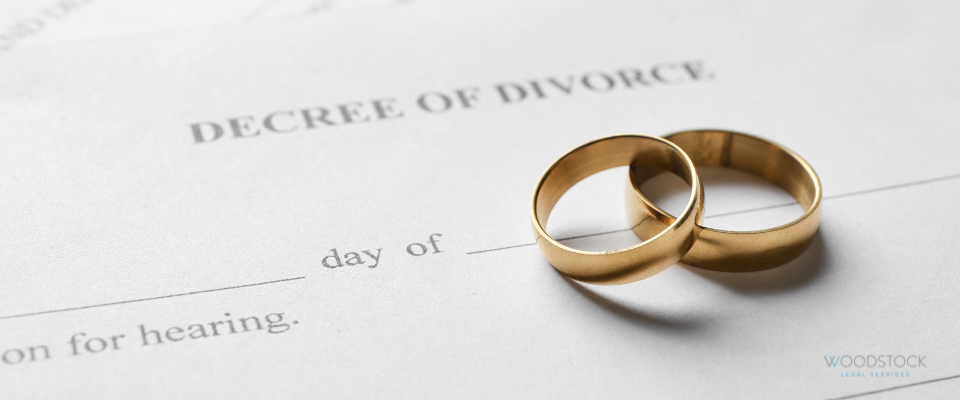“Disgraceful Landlord dumped my belongings on the street and changed the locks after 15 years”
“My Landlord threw me out on the street” the risks of unlawful eviction: -
Intro
If you read The Sun newspaper, or, more likely, are bombarded with their updates on all social media platforms, you may have seen the headline recently reading:
“Disgraceful Landlord dumped my belongings on the street and changed the locks after 15 years”.
Whilst The Sun articles are not my usual read for legal content, this one caught my eye and, knowing the complexities of the possession process and the risks of unlawful eviction, I was intrigued to know the whole story.
According to the article, the tenant was having issues with the boiler in the property which had been ongoing for 5 years. After disclosing her plan to take her landlord to the tribunal, the landlord entered the property without the tenant’s consent and proceeded to remove all her possessions from the property disposing them onto the pavement and changed the locks. I can assure you, the image you have in mind will not be nearly as striking as the photograph attached to the article!
Problem
After working in the Landlord and Tenant sector for years, helping landlords legally regain possession of their properties, three issues immediately sprung to mind:
Unlawful eviction:
Whilst it might be tempting for landlords to swerve the eviction process with problematic tenants and take the approach of this landlord, the consequences can be grave. Changing the locks on a tenant whilst they are still living in the property without a proper court order or assistance from court bailiffs, will mean the landlord is guilty of the offence of unlawful eviction. If you are found to have unlawfully evicted your tenant, you could face up to two years’ imprisonment and/or an unlimited fine. The tenant is also likely to be awarded compensation and the court may in fact order that the tenant be allowed back into the property
Retaliatory eviction:
Even if this landlord had served their tenant with a valid section 21 eviction notice, this may be considered as retaliatory eviction under the Deregulation act 2015. Retaliatory eviction is where a tenant makes a legitimate complaint to their landlord about the condition of the property, and in response, instead of making the necessary repairs, the landlord serves the tenant with a section 21 notice to evict.
A landlord cannot give a tenant a valid section 21 Notice for the next 6 months if the Council serve the landlord with either an improvement notice or an emergency remedial action notice.
If a landlord has already served a section 21 Notice that section 21 Notice will become invalid if prior to the service of the notice:
- the tenant has made a written complaint to their landlord, and
-the landlord fails to provide an adequate response within 14 days, and
-the tenant then complains to the Council and the Council subsequently serve an improvement notice or an emergency remedial action notice on the landlord.
If it was the case that the tenant was in arrears and the landlord had served a section 8 notice, the tenant may have had a valid counterclaim for disrepair, which could result in a money judgment being made against the landlord and extinguishing the claim for arrears of rent and impacting the landlord’s ability to obtain possession.
Tenants claim under tort law for the value of the items removed:
To add to the landlord’s problems, the tenant could make a claim for compensation for the value of the tenant’s belongings. If a tenant has left any of their possessions in the property after they have vacated, it is not okay to presume they can be disposed of. It is recommended that the landlord serve a torts notice on the former tenant before removing/disposing of the items.
A torts notice will provide the former tenant with a time frame to collect or take delivery of the possessions left at the property. If the landlord was to remove or dispose of the items without first serving valid torts notice, the tenant could have a valid money claim against the landlord for the value of these items.
Solution
As you will have realised, it is not lawful nor recommended for a landlord to take matters into their own hands when evicting their tenants. If the correct legal processes are not followed, landlords could face a hefty fine, a county court judgment against them or even a prison sentence.
If you are considering evicting your current tenant, we would strongly encourage you to take legal advice. Our friendly team at Woodstock Legal Services pride themselves on providing expert advice and will be happy to chat through any issues you may have.
Contact Us
News & Insights










